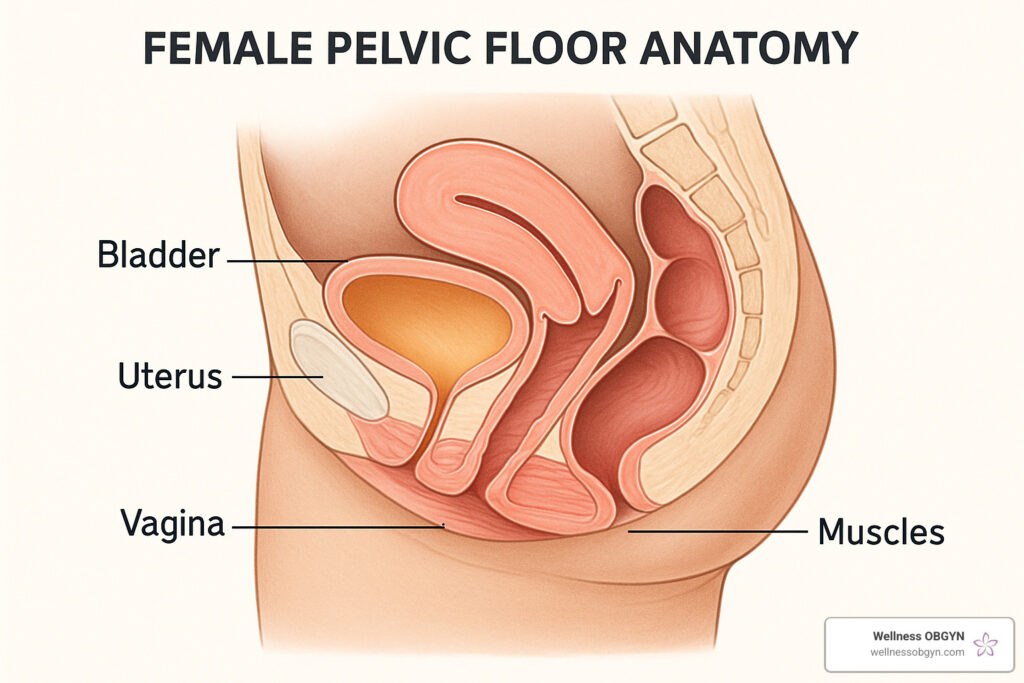Gynecology plays a key role in helping women understand, manage, and treat a wide range of health conditions that affect their reproductive system. From common concerns to complex issues, gynecology provides the specialized care women need at different stages of life. Here’s more information on gynecological disorders and treatments:
Understanding Gynecological Disorders
Several gynecological conditions frequently affect women of different ages. Understanding these conditions enables early detection, timely management, and improved overall health outcomes. Here is an overview of some common disorders:
- Abnormal Bleeding: This occurs when menstrual periods become irregular, heavy, or prolonged beyond normal patterns. This condition can result from hormonal imbalances, fibroids, or other underlying causes.
- Fibroids: A fibroid is a non-cancerous growth that develops in the uterus. These growths can cause heavy bleeding, pelvic pressure, and discomfort during menstruation.
- Endometriosis: Endometriosis develops when tissue similar to the uterine lining grows outside the uterus. This condition can cause severe pelvic pain, especially during menstruation.
- Polycystic Ovary Syndrome (PCOS): Polycystic ovary syndrome (PCOS) affects hormone levels and can cause irregular periods, excess hair growth, and weight gain.
- Ovarian Cysts: These are fluid-filled sacs that form on the ovaries and can cause pain or discomfort, though many resolve on their own.
By being aware of these common conditions, women can seek medical guidance from gynecology specialists to aid in proper care and treatment.
Recognizing When To Seek Care
Regular gynecological care helps maintain reproductive health and catch potential issues early. Women should schedule annual well-woman exams starting around age 18 or when they become sexually active. These routine visits include pelvic exams, Pap smears, and breast examinations.
Specific symptoms warrant prompt medical attention. Severe pelvic pain that interferes with daily activities requires evaluation. Heavy bleeding that soaks through a pad or tampon every hour for several hours needs assessment. Unusual vaginal discharge with strong odor, itching, or burning sensations also needs to be evaluated.
Changes in menstrual patterns should be discussed with a gynecology specialist. Pain during intercourse or persistent abdominal bloating also warrants medical evaluation. Women experiencing difficulty conceiving after trying for several months may benefit from a fertility assessment.
Exploring Treatment Options
Gynecological treatments vary based on the specific condition, severity, and individual patient factors. Hormonal treatments help manage many reproductive health issues. Birth control pills can regulate menstrual cycles and reduce heavy bleeding. Hormone replacement therapy addresses menopausal symptoms and bone health concerns.
Minimally invasive procedures offer effective treatment with shorter recovery times. Ultrasound imaging helps diagnose ovarian cysts, fibroids, and other pelvic conditions. Surgical options range from minor outpatient procedures to complex operations. Medication management addresses many gynecological symptoms effectively. Pain management strategies include over-the-counter medications and prescription options for severe discomfort.
Schedule Your Gynecology Appointment Today
Understanding gynecological disorders helps women take active roles in their health care decisions. Regular check-ups with a qualified gynecology specialist help maintain reproductive health and catch potential issues early. Treatment options continue to advance, offering women effective and less invasive solutions for common conditions. Contact a trusted gynecology practice near you to schedule your appointment today.
